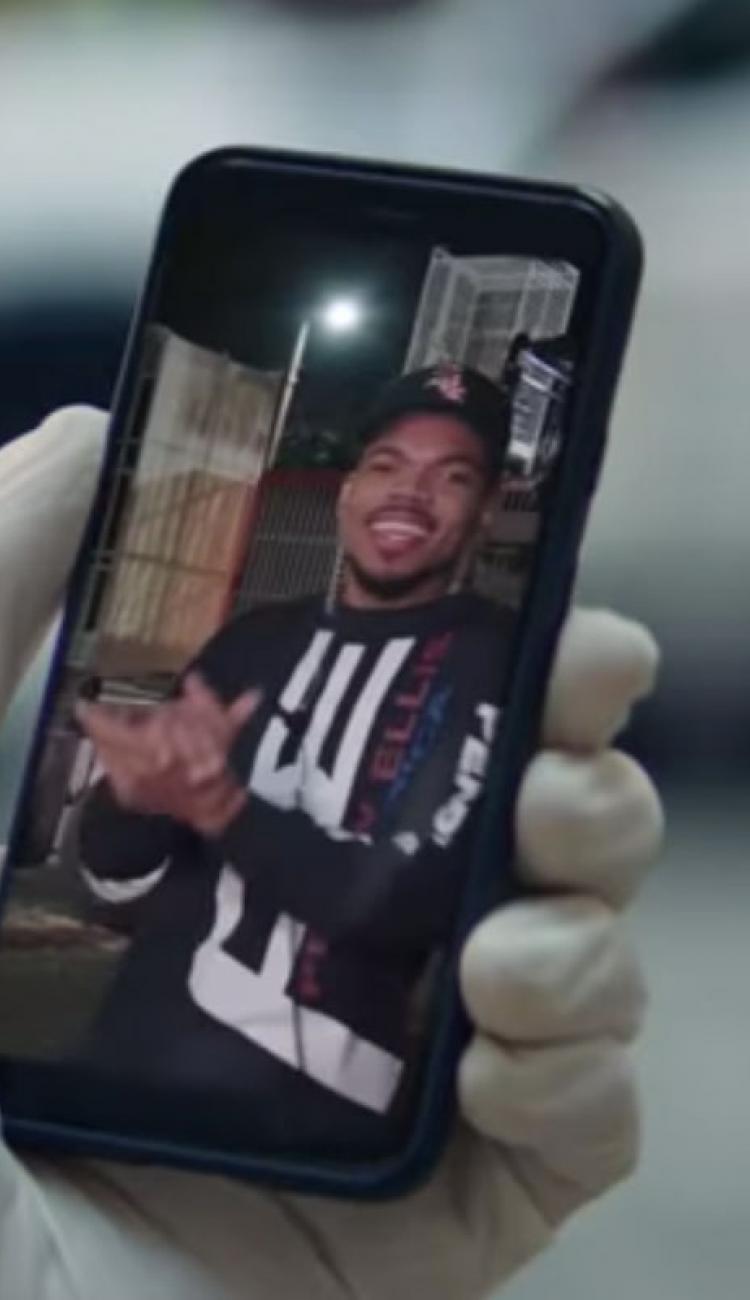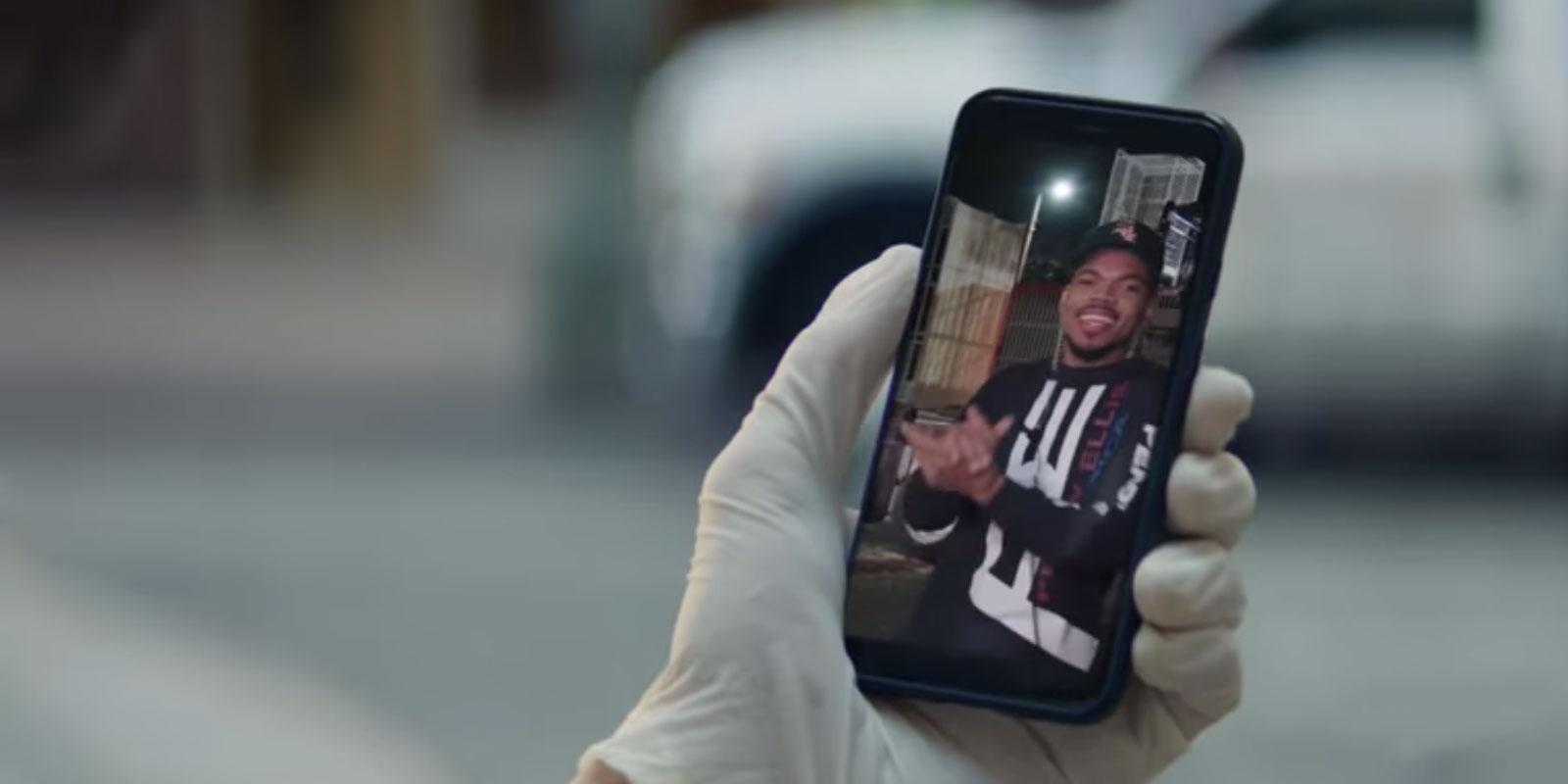Feb 12, 2020
Reviving popular IP—from ‘Punk’d’ to ‘How To Lose A Guy in 10 Days’—for a short-form audience.
Earlier this month, ViacomCBS announced that MTV would reboot the popular prank show Punk’d with a new host, Chance the Rapper. But unlike its revival of Jersey Shore or The Hills, the new Punk’d won’t air on MTV. Instead, it’ll make its debut on Quibi, the made-for-mobile content platform that launches on April 6.
Punk’d will be joined by other programs produced by ViacomCBS brands, including Comedy Central’s Reno 911, CBS News’ 60 in 6, Awesomeness' One Night Forever, and Paramount Television Studios’ Varsity Blues. Nickelodeon also licensed its Legends of the Hidden Temple game show, which will be reimagined for an adult audience.
The efforts reflect ViacomCBS’ commitment to finding new audiences for its iconic IP by producing and licensing content for external platforms. For example, Paramount Pictures announced last year that it licensed Beverly Hills Cop to Netflix while Viacom Digital Studios and MTV created a top YouTube channel with Wild ‘N Out.
Chris McCarthy, president of entertainment and youth brands for ViacomCBS, says the Quibi deal “builds on MTV’s strategy of reinventing our iconic shows to reach new audiences on pioneering new platforms.”
"Demand for content from third parties is incredible," ViacomCBS CEO Bob Bakish said during last November's earnings call. “The combination of our assets and capabilities with the fact that some of our competitors are pulling back makes this sector an enormous opportunity for ViacomCBS.”
Unlike other mobile content platforms like TikTok and Instagram that are filled with user generated content, Quibi—short for quick bites—is billed as a home for professional-grade short-form videos. Founder Jeffrey Katzenberg and CEO Meg Whitman want to make the experience of mobile viewing “extraordinary.” It will focus on highly produced scripted and unscripted content from established companies like ViacomCBS, Universal TV, Telemundo, and Sony Pictures Television.
“We believe in the demand for premium mobile content,” says Paramount Television Studios President Nicole Clemens. “Quibi is a great creative partner and has constructed a financial model that is attractive both in the short- and long-term.” Paramount Television Studios is producing versions of Paramount Pictures’ hits Varsity Blues and How To Lose A Guy in 10 Days for Quibi, as well as a new murder mystery series When the Streetlights Go On with Anonymous Content.
Clemens says that Paramount’s content is a good match for the platform’s audience. “Quibi has a much younger target demo than most streamers,” she explains. “We have IP, both library-based and original, that speaks to their target demographic.”
A New Format for '60 Minutes'
60 Minutes, the longest-running news program on television, is also vying for young demos with its 60 in 6 short-form program for the platform. “Reaching its intended audience of 25-35 year olds on mobile devices is a great way to get 60 Minutes storytelling in front of another audience,” says executive producer Bill Owens.
Quibi approached 60 Minutes about the possible partnership and quickly got Owens, as well CBS News President Susan Zirinsky, on-board.
The DNA of the short-form program will remain consistent with the broadcast news staple. “The journalism and storytelling will remain the same but the pieces will be shorter,” says Owens. “The pace of the stories will have a bit more tempo but will still rely on great interviews.”
6-Page Storytelling at CBS Television Studios
CBS Television Studios is working on a new series, Most Dangerous Game, starring Liam Hemsworth and Christoph Waltz. The project was initially slated for NBC, but when that fell through, the show’s creator Nick Santora thought Quibi would be the perfect home.
Bryan Seabury, EVP of drama development, broadcast, and cable programming at CBS Television Studios, says Santora brought the short-form episodes to CBS TV Studios and said: “These things are like potato chips, you are never going to want to stop.”
“He was right,” Seabury says of the show’s 16 scripts, which range from between six to 10 pages in length. Though his team had never read a six-page script before, he says it was just another lesson in the changing paradigm of video right now.
“In broadcast, episodes used to be 52 minutes, now they are down to 42 minutes. That is a particular way to tell a story. Pay cable and streaming allow you to edit your episodes to whatever length you deem is best (typically 50-60 minutes),” he explains. “Now, along comes Quibi, positing that people will want to consume an episode of dramatic TV in a much shorter format. Luckily we had a show in Most Dangerous Game that felt perfectly designed for that.”
Seabury says they would consider creating more content for Quibi. “We go where the stories are being told.”

